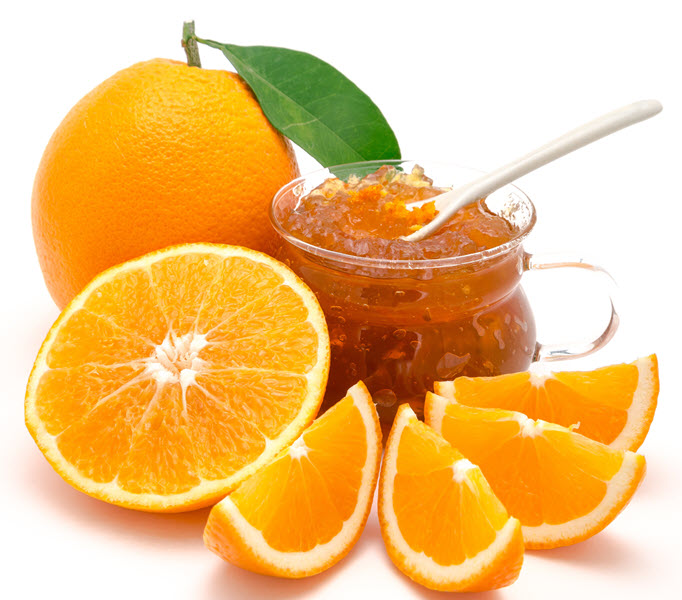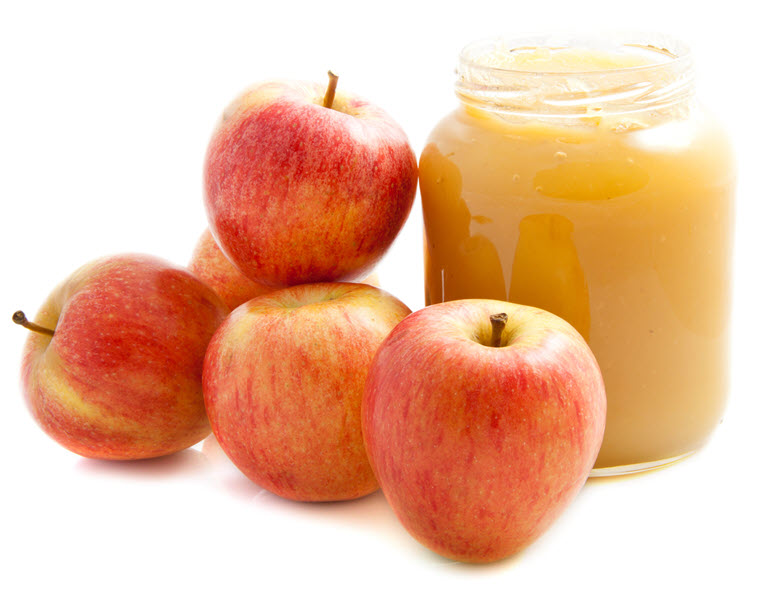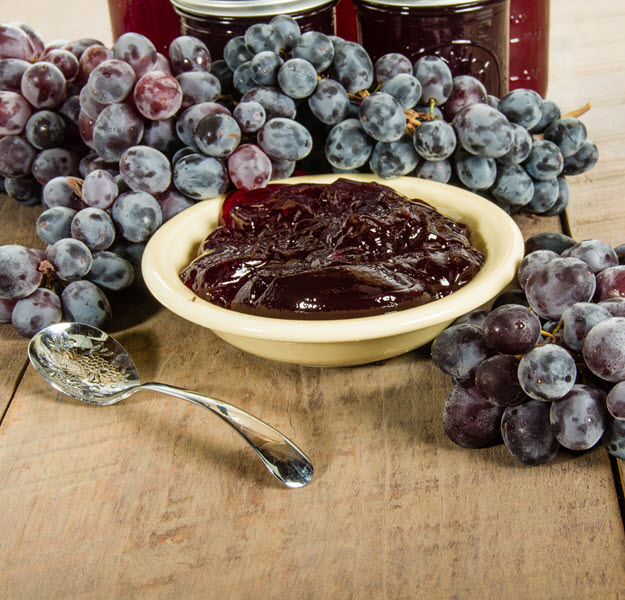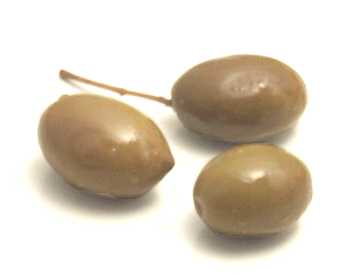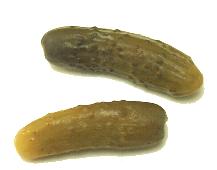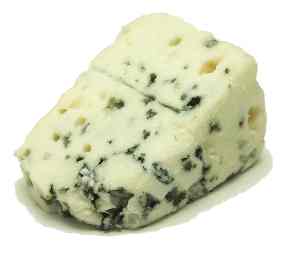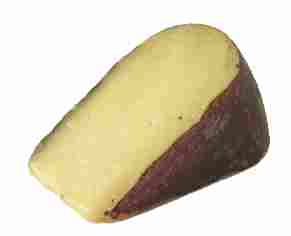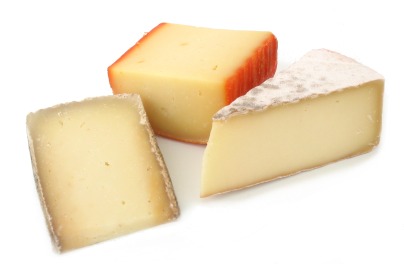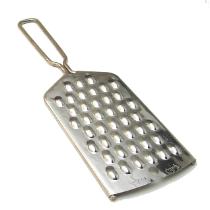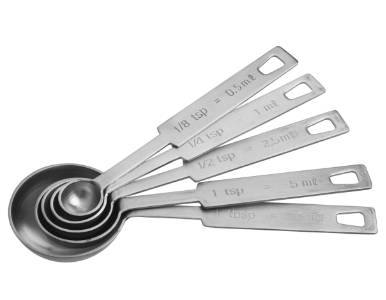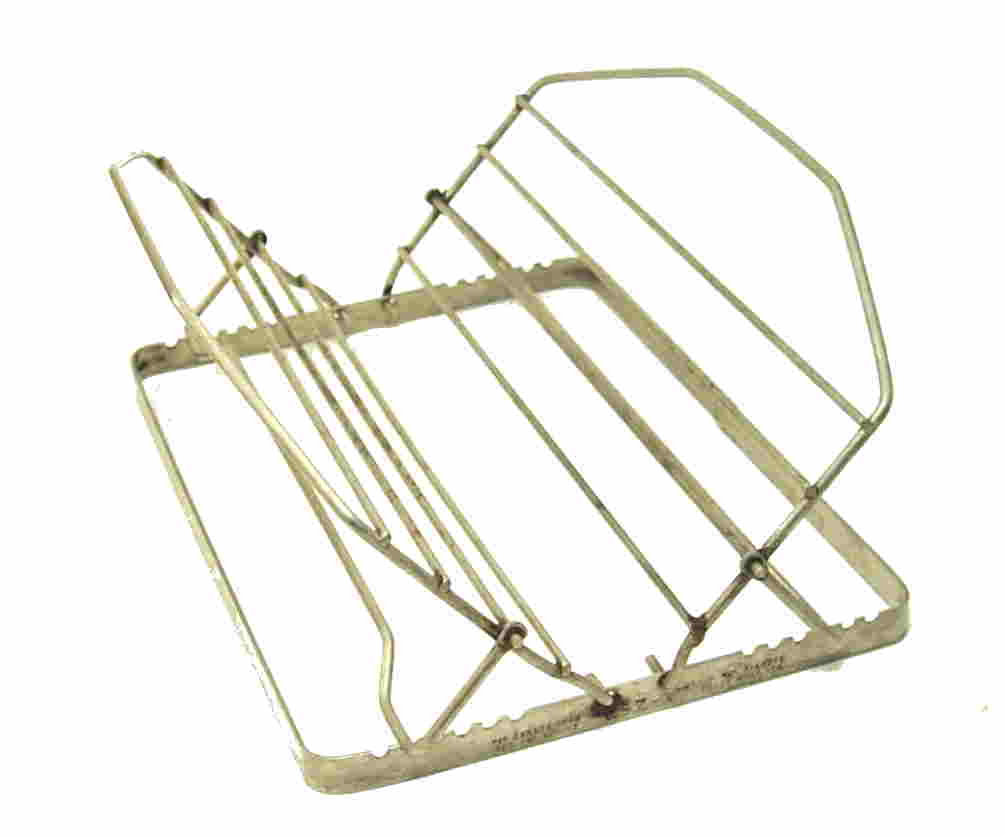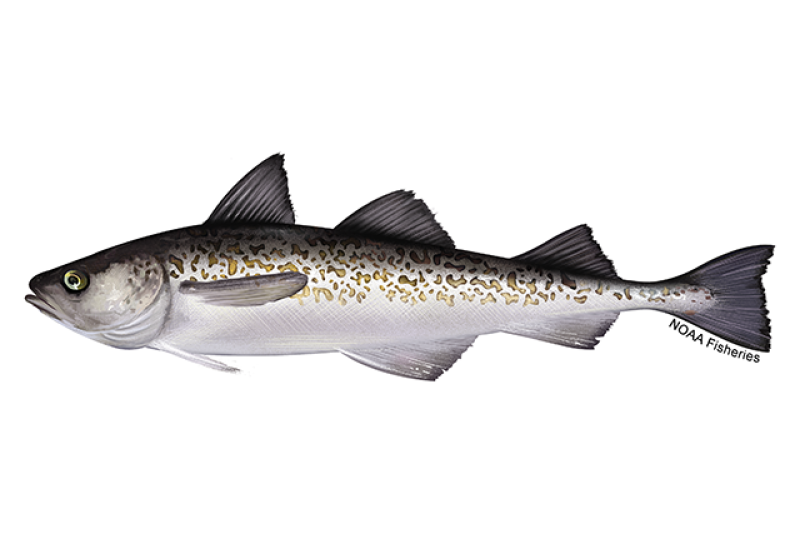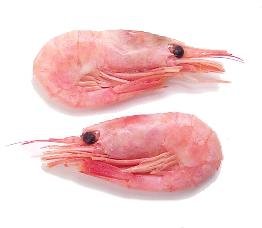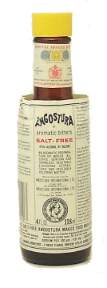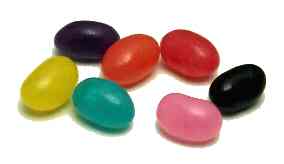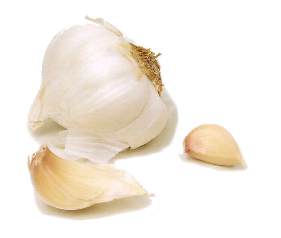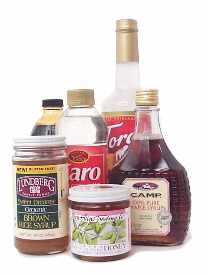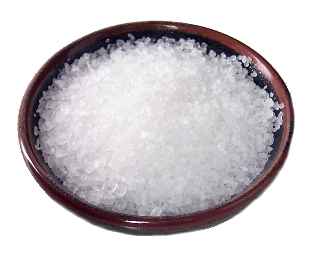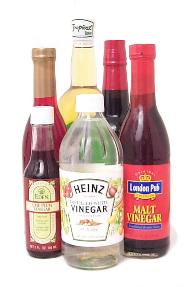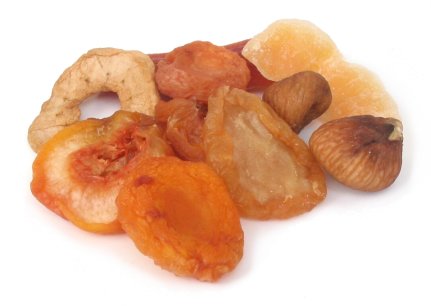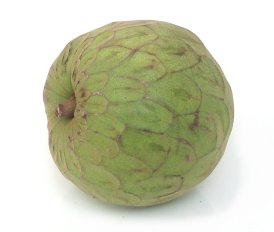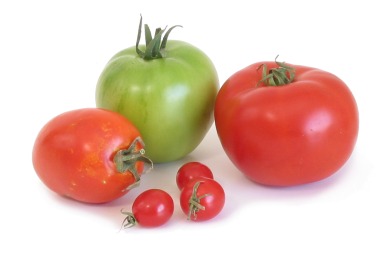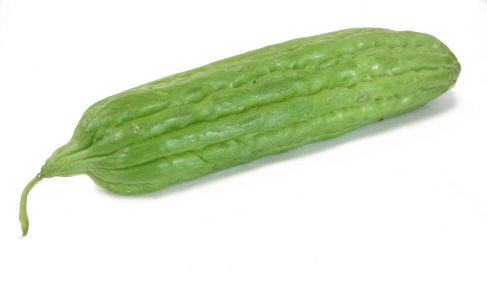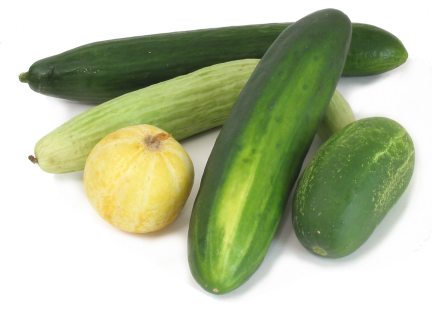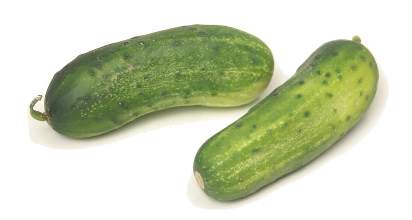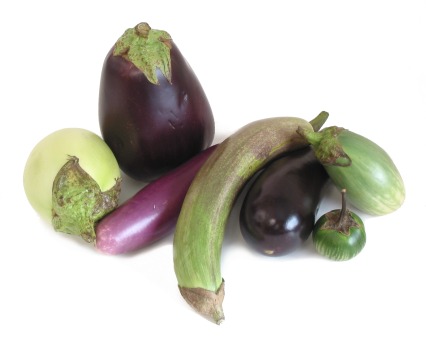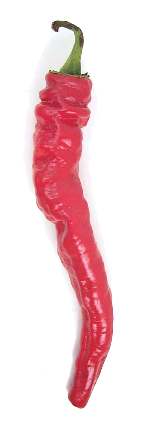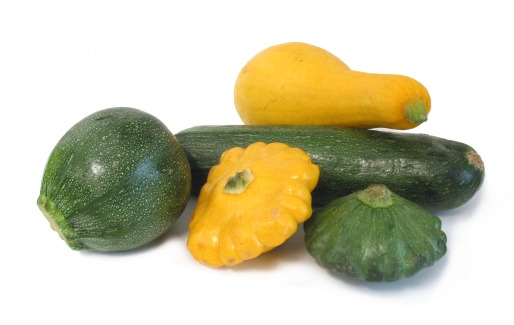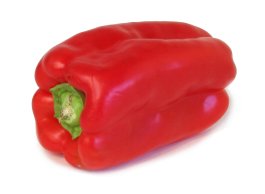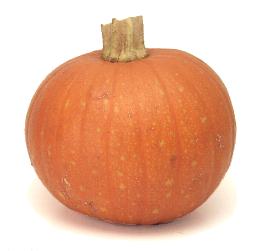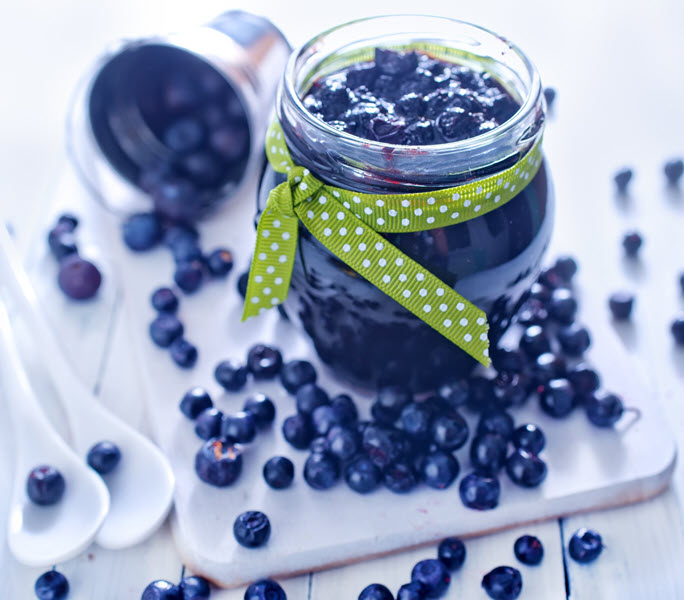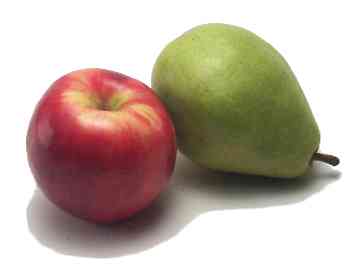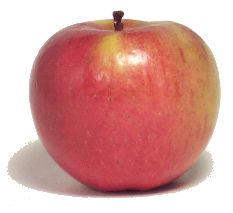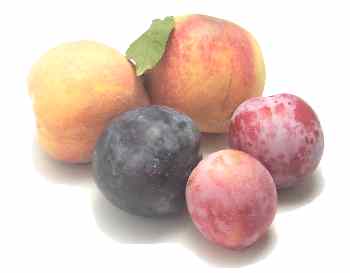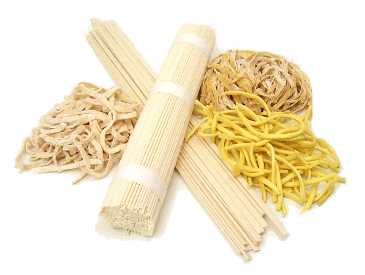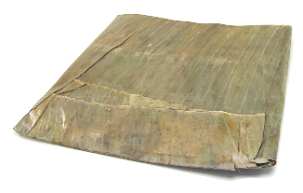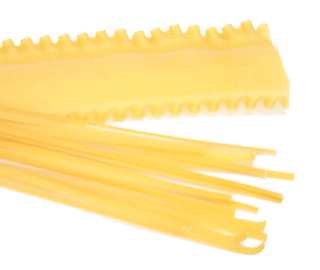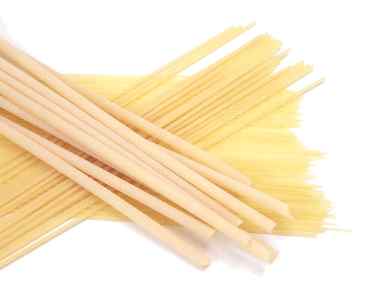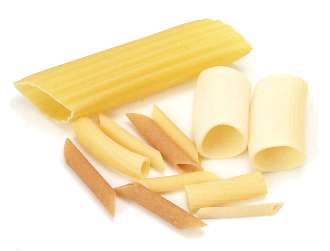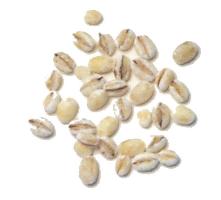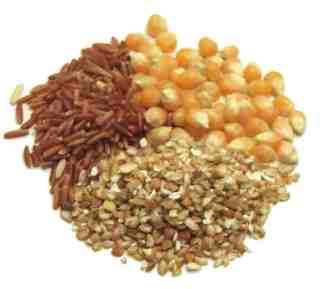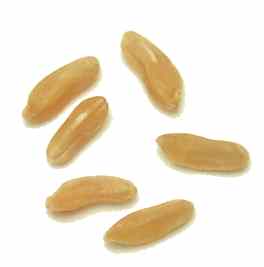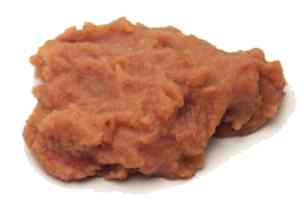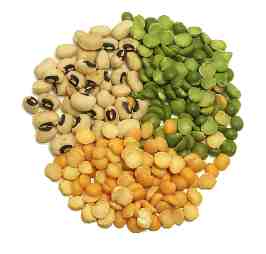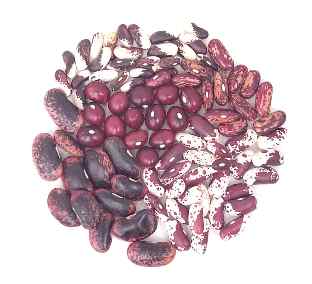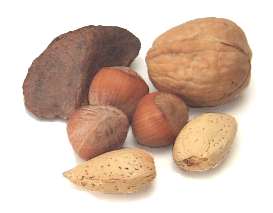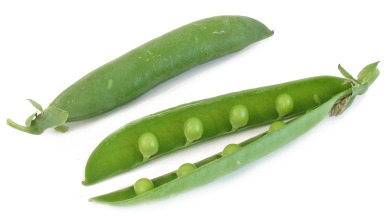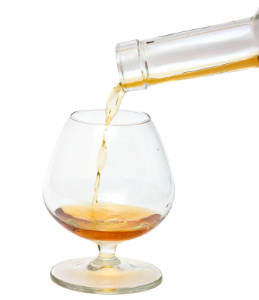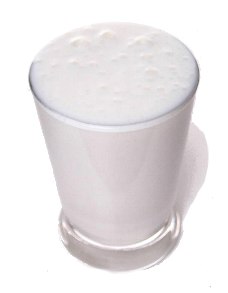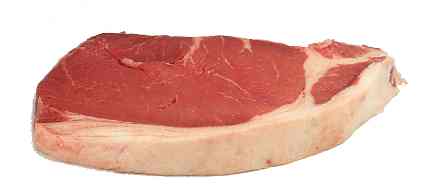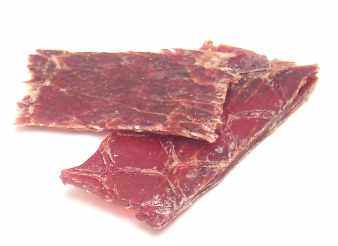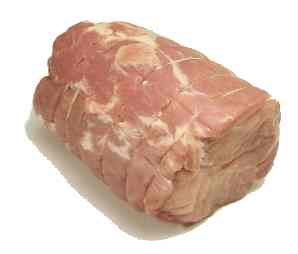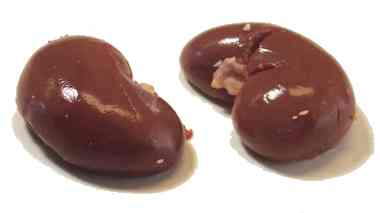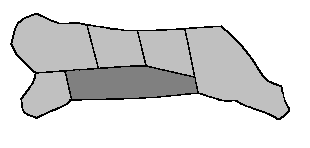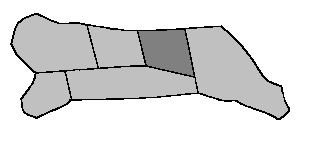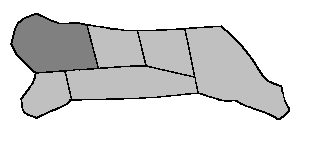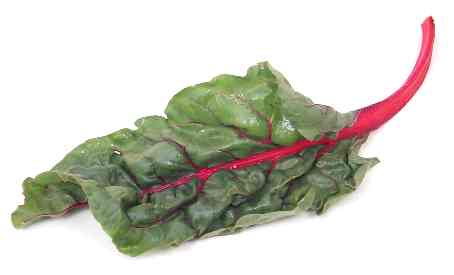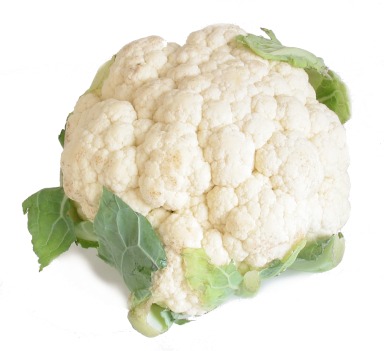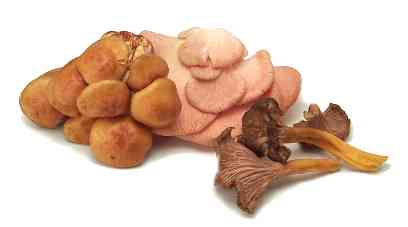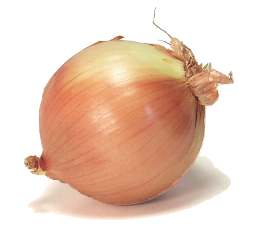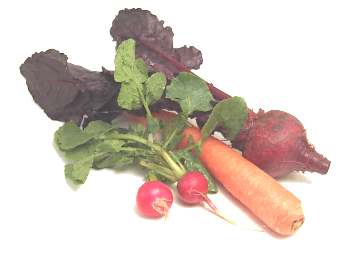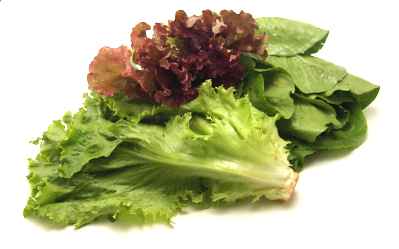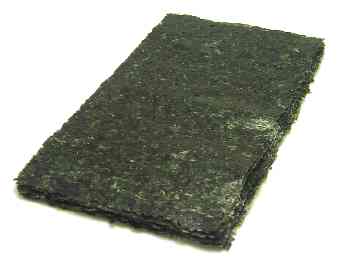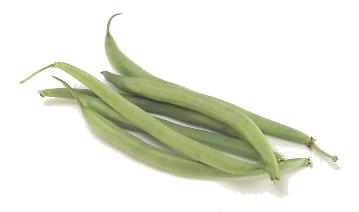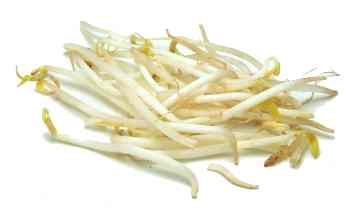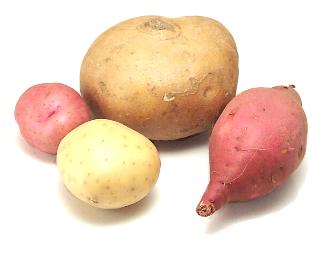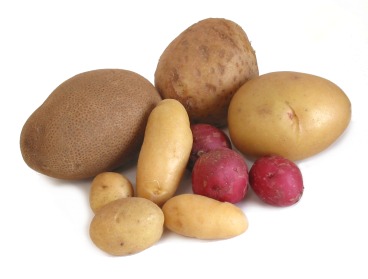All Ingredients
pearl onion
These tiny onions are sweet and mild. About one inch in diameter, they're often pickled or creamed.
Learn morepearled grains
These are more processed than whole grains. This makes them less nutritious but they cook up faster and have a more tender texture.
Learn morepecan
This North American nut is like a walnut, only sweeter and milder. It's used widely in the South to make pralines, pecan pie, ice cream, and nut breads. They're high in fat, so it's best to store shelled pecans in the refrigerator or freezer to prevent them from turning rancid. To roast, put shelled pecans on a baking pan and in bake them in a 325° oven, stirring occasionally, until they're slightly golden, about ten minutes.
Learn morepecorino
This is a firm and salty Italian sheep's milk cheese that's a close substitute for parmesan. There are three main varieties: Pecorino Romano, which is the best choice for grating onto a pasta dish or salad, Pecorino Toscana = Pecorino Tuscano, which is made in Tuscany, and Pecorino Sardo = fiore sardo, which is produced in Sardinia. Don't confuse Pecorino Romano with other firm Romano cheeses, which usually aren't as well regarded.
Learn morepectin
In order to make preserves like jams and jellies, you normally cook together fruit, acid, sugar, and pectin, a substance found in certain fruits that gels when heated. Some fruits -- like quinces, gooseberries, tart apples, and sour plums -- contain enough natural pectin that they'll thicken all by themselves into preserves. Others, like cherries and some berries, need an extra boost to firm up. Jam recipes for pectin-deficient fruit normally call for liquid or powdered pectin, which you can find among the baking supplies in most supermarkets. The recipes usually specify what brand of pectin to use, and it's not a good idea to substitute one brand for another, since they have different formulas. Some brands (like Sure Jell and Certo) need acid and sugar to set, some (like Sure Jell for Low Sugar Recipes) need acid and just a little sugar to set, some (like Pomona's Universal Pectin® or Mrs. Wages Lite Home Jell Fruit Pectin®) don't need any sugar to set. Liquid pectin contains sulfite, which can cause an allergic reaction in people with sulfite sensitivites, but powdered pectin does not.
Learn morepeekytoe crabs
These small, highly prized crabs resemble Dungeness crabs, only they're much smaller. It's hard to find whole crabs, but many seafood shops in New England sell peekytoe crab meat.
Learn morepemmican
This is a Native American version of beef jerky. It consists of small cakes of meat, fat, and fruit that are dried in the sun.
Learn morepenne
This Italian pasta consists of short tubes cut on the diagonal, the better to scoop sauces inside. It's very versatile, and works well mixed with a sauce, or in a casserole, soup, or pasta salad. Penne rigate has ridges, the better to hold sauces. Penne lisce has smooth walls.
Learn morePepper
These come in different colors and potencies. Green peppercorns are packed in brine, vinegar, or salt soon after they're picked. They're mild and soft and can be eaten whole. Black pepper and white pepper are both dried, and sold either ground or as whole peppercorns. Black pepper has a stronger flavor and is far more popular than white; many cooks just use white pepper when they want to avoid having black specks in a light-colored sauce. It's best to buy whole peppercorns and grind them yourself, since ground pepper loses its potency quickly. Pink peppercorns aren't true peppercorns, but they have a very mild, peppery flavor.
Learn morepepper jack
This a version of jack cheese with spicy peppers mixed in. It is made from cow's milk.
Learn morepepper loaf
This is a pork and beef loaf that's liberally seasoned with cracked peppercorns.
Learn morepeppermint oil
All you need is a drop or two for most recipes. Recipes for hard candies usually call for a flavoring oil rather than an extract, since extracts tend to evaporate when heated.
Learn morepepperoni
This spicy sausage is made with beef and pork. It's hard and chewy, and makes a terrific topping for pizza. You don't need to cook it before eating.
Learn moreperch
This category includes walleye = wall-eyed pike, and Nile perch = Lake Victoria perch.
Learn moreperciatelli
These are hollow pasta rods that are thicker than spaghetti. They're usually served in casseroles or with hearty meat sauces, or they're broken up and served in minestrone soup.
Learn moreperiwinkle
These marine snails are better known in Europe and Japan than in the United States. They're great in any clam chowder recipe, though they tend to get tough if overcooked. Look for them in Asian markets.
Learn morePernod
This is a popular brand of pastis, or licorice-flavored liqueur. It tastes like a mouthful of Good 'N Plenty candies.
Learn moreperry
This is wine that's made from pears. It's usually somewhat sweet, and with a low alcohol content.
Learn morePersian melon
These are large, round melons. They're excellent when vine-ripened, but mediocre when not. Avoid Persian melons that have green backgrounds below the netting--they were picked too early. Also avoid those with protruding stems, or tears in the rind at the stem end--it's a tell-tale sign that the melon was picked too soon. When ripe melons are picked, the stem falls off easily, leaving a small, clean depression. They peak in the summer months.
Learn morepersimmon
There are two varieties: the dark orange, acorn-shaped Hachiya and the light orange, tomato-shaped Fuyu. Many people have sworn off persimmons for life after biting into an underripe, astringent Hachiya. But if you wait until it's ripened to a soft, shriveled mess, you can spoon out its exquisitely sweet and delicate pulp. Fuyus aren't as flavorful, but they're more idiot-proof in that you can eat them while they're still firm and not get your mouth in a pucker.
Learn morePetit-Suisse
You can buy small six-packs of this rich fresh cow's milk cheese all over France, but they're hard to find in the U.S. Gervais is a popular brand.
Learn morePetite Syrah
This is a grape variety which produces an excellent red wine that's very dark and often described as "peppery." Don't confuse Petite Syrah with Syrah, another red varietal wine.
Learn morePeychaud's bitters
This is a brand of bitters that's a bit hard to find outside of New Orleans. It's sweeter than Angostura bitters, and has more of an anise flavor.
Learn morepheasant
These tend to be pricey, but they're more flavorful than chickens. One pheasant can serve two people. Pheasants are lean, so bard them before roasting.
Learn morephyllo
These are fragile, paper-thin sheets of dough that are usually basted with melted butter and then stacked until they're many layers thick. When baked, the combined layers make a rich, flaky, and crumbly crust. Greeks use phyllo dough to make baklava and spanakopita, while phyllophiles elsewhere use it to make pie crusts, strudels, Beef Wellington, egg rolls, and countless other concoctions. Some cooks use cooking spray instead of butter between the layers to trim fat and calories. The dough dries out quickly, so work fast once you've opened the package, and cover any unused dough with plastic wrap topped with a damp towel. Use fresh dough if you can find it; it doesn't tear as easily as the frozen kind. The frozen version is often wedged near the pie shells in the supermarket's frozen food case; let it defrost in the refrigerator for 24 hours before using it. Try Greek or Middle Eastern markets for fresh.
Learn morepiadina
This pliable Italian flatbread is usually stuffed with filling, much as tortillas are in Latin America. The plural is piadine.
Learn morePicholine olives
Picholines are green, torpedo-shaped olives that are brine-cured. Those made in Provence are marinated with coriander and herbes de Provence, while American picholines are soaked in citric acid. They make great martini olives.
Learn morepickle relish
Pickle relish is typically a sweet relish of chopped pickled cucumbers. It is very popular in America on hamburgers and hot dogs.
Learn more











